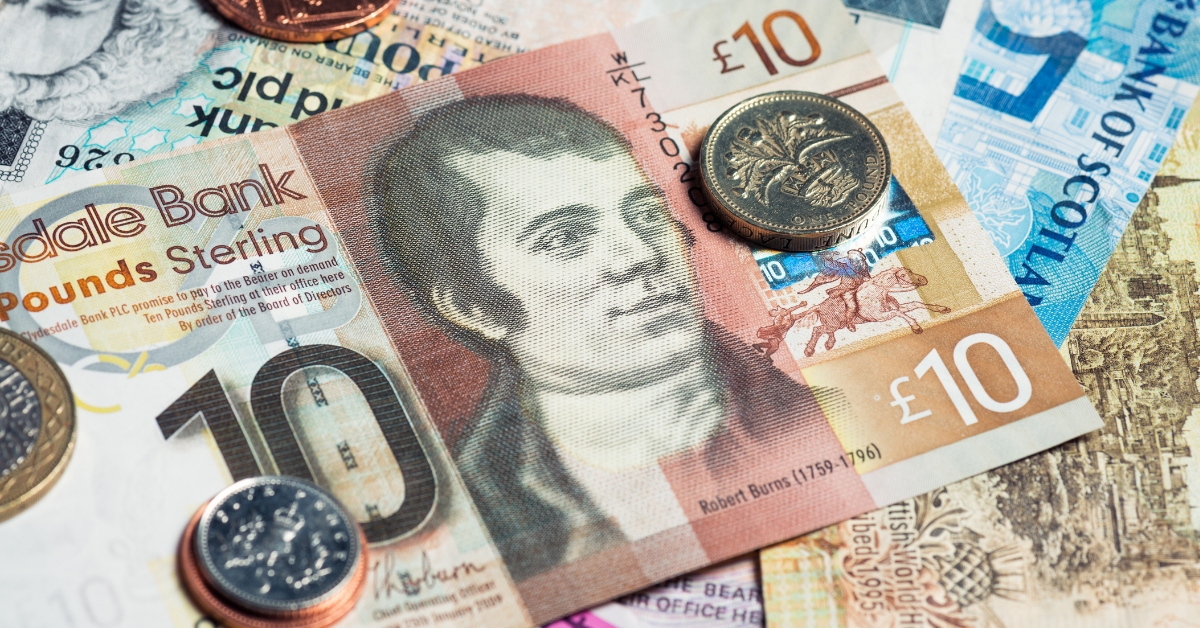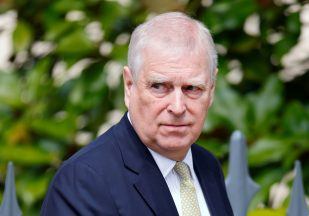In a bid to combat price rises, the Bank of England raised interest rates on Thursday to 3.5% from 3%.
The hike means interest rates are at their highest level since 2008. The Bank also said it was likely to keep putting them up next year, with inflation currently at 10.7%.
Mortgages, savings, bills and debt will all be affected by the changes – so what does it mean for your finances?
Will my mortgage rise?
People taking out a new loan or renegotiating their mortgage will face higher bills because a rise in interest rates is passed on from lenders to borrowers.
Those on standard variable rates (making up around 75% of all mortgages) will feel the impact first, while those on tracker mortgages – which directly shadow the Bank of England base rate – will see their monthly repayments increase as well.
The latest rise could see owners paying between £30 and £50 more each month.
Those on typical tracker mortgages will pay around £49 more each month, while those on a standard variable rate could see a £31 monthly hit on their finances.
Most people on fixed-rate mortgages will see no changes until the end of the term – when rates are likely to rise.
What if I want to buy property?
First-time buyers could find it more of a struggle to get on the property ladder.
For those who do buy, their monthly mortgage payments could take a 40% chunk out of their salary, estate agents predict – a level not seen since 2012.
First timers now typically face stumping up a deposit of around £37,038 for a home, based on current asking prices, up 4% in year.
What about renters?
Renters would normally come under pressure as buy-to-let landlords pass on higher borrowing costs to their tenants.
But the Scottish Government recently introduce a rent freeze, preventing increases until March 2023.
Who benefits from the hike?
Savers will earn a little more as banks are likely to increase the amount of interest they pay on deposits.
However, fewer than a third of the hikes since last November – when the Bank started increasing rates – have actually made their way to savers.
Any benefits will also be offset by inflation, which is decimating many people’s savings.
Why are rates rising so much?
By increasing interest rates, the Bank makes it more expensive to borrow money, so people are likely to spend less.
If people – and businesses – are forced to spend less, demand will decrease, and prices will fall, or at least the rises will mellow.
The Bank of England says higher energy prices are one of the main reasons why the rate of inflation is so high.
Higher prices for the goods that people buy from abroad have also played a big role.
People started to buy more goods during the coronavirus pandemic, but sellers have faced difficulties obtaining stock, which has led to higher prices – particularly for goods imported from abroad.
In the UK, businesses are charging more for their products because of the higher costs they face.
There are more job vacancies than there are people to fill them, as fewer people are seeking work following the pandemic.
That means employers are having to offer higher wages to attract job applicants, and prices for many services have gone up.
When will inflation start to fall?
The Bank of England expects inflation to start to fall next year.
That’s because it’s unlikely that the prices of energy and imported goods will continue to rise as rapidly as they have done recently.
The Bank expects that some of the production difficulties businesses are facing will ease. Less demand for goods and services in the UK should also push down prices.
Follow STV News on WhatsApp
Scan the QR code on your mobile device for all the latest news from around the country


 iStock
iStock


























